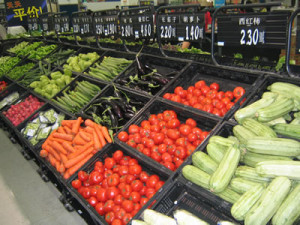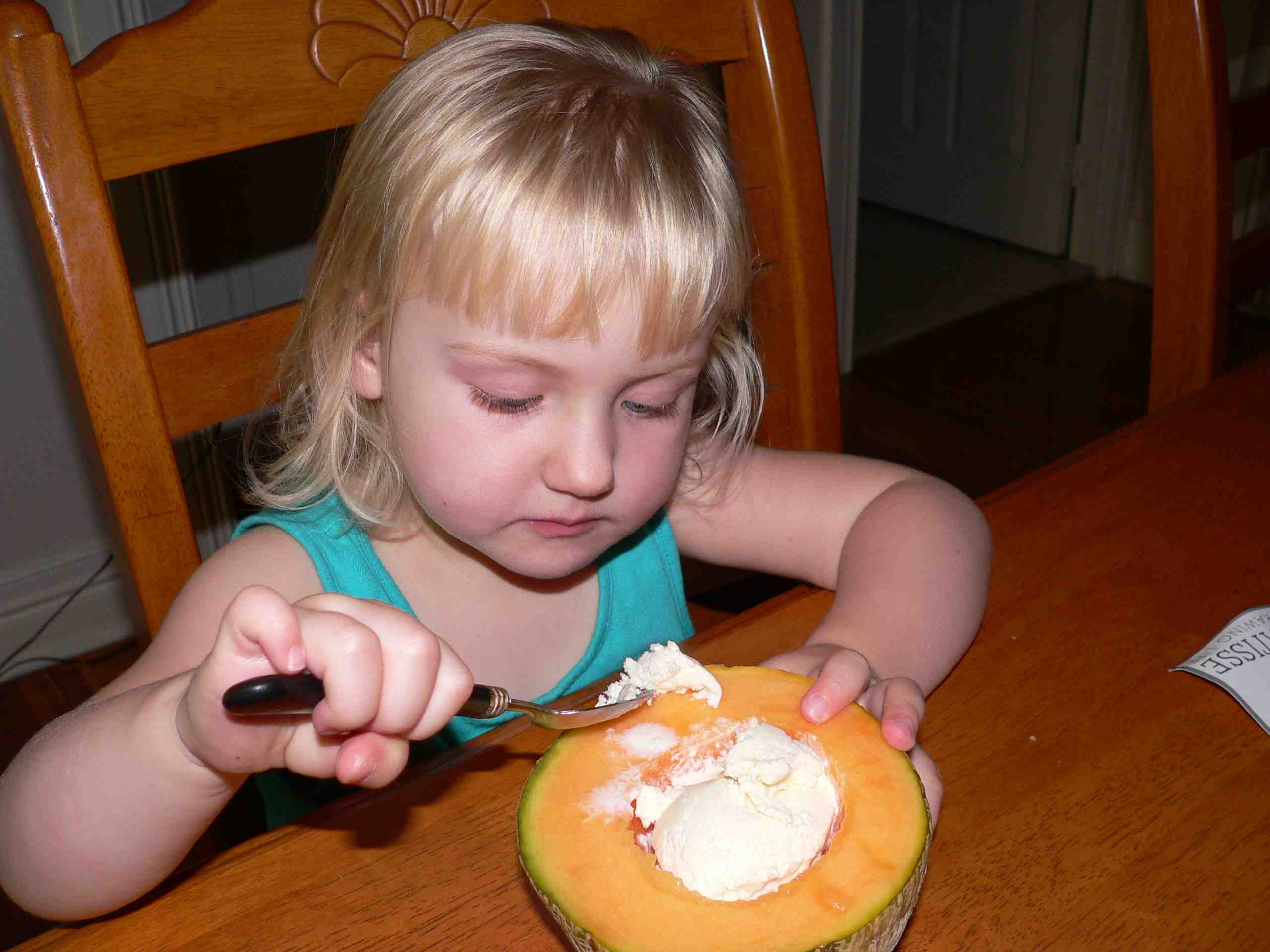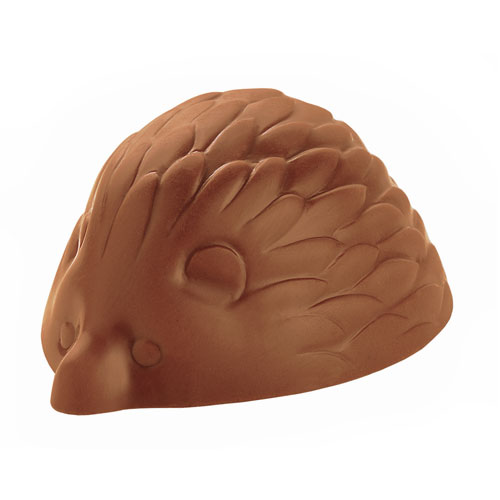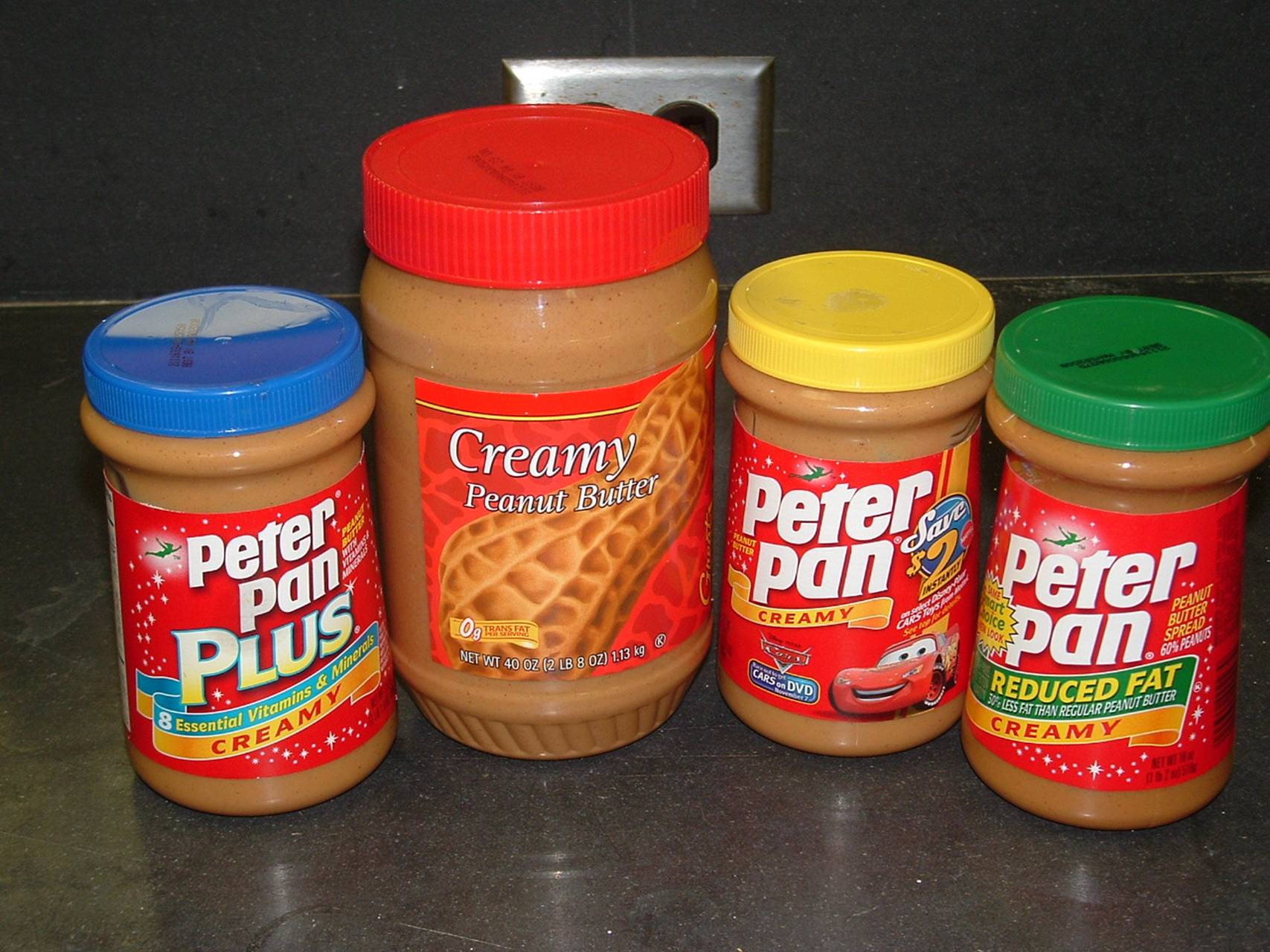Last month, Walmart, according to the N.Y. Times, issued an “urgent agenda” memo to managers across the country pushing them to improve performance on “Chilled and Fresh” items in its dairy, meat and produce departments, part of an effort by Walmart to stem long-sluggish sales. It also reflected customer complaints that Walmart has received in recent years as it has expanded offerings of organic foods and produce, often at cheaper prices than its competitors.
 The memo, marked “highly sensitive,” tells Walmart marketing managers to make sure that the company’s 4,965 United States stores discount aging meat and baked goods to maximize the chance that those items will sell before their expiration dates. The memo — leaked for public use by a Walmart manager unhappy about understaffing — also tells stores to be sure to “rotate” dairy products and eggs, which means removing expired items and adding new stock at the bottom and back of display cases.
The memo, marked “highly sensitive,” tells Walmart marketing managers to make sure that the company’s 4,965 United States stores discount aging meat and baked goods to maximize the chance that those items will sell before their expiration dates. The memo — leaked for public use by a Walmart manager unhappy about understaffing — also tells stores to be sure to “rotate” dairy products and eggs, which means removing expired items and adding new stock at the bottom and back of display cases.
In discussing produce, the memo tells managers to “validate that stores are fully executing on ‘Would I Buy It?’ ” — a plea to make sure that every store removes moldy or rotting fruits and vegetables.
Sent on Oct. 2, the memo reminds managers that their No. 1 concern must be sales. For the last 18 months, Walmart’s sales have been sluggish in stores open at least a year. The memo also urges managers to reduce backup inventory to trim costs, and warns them not to exceed budgets for their stores.

 in their fruit because people are afraid to eat them."
in their fruit because people are afraid to eat them." Jif peanut butter announced Tuesday that Alexandra Miller’s sandwich created in the image of a hedgehog received enough votes in an online competition last month to earn her one of five finalist spots in the Jif Most Creative Peanut Butter Sandwich Contest (the
Jif peanut butter announced Tuesday that Alexandra Miller’s sandwich created in the image of a hedgehog received enough votes in an online competition last month to earn her one of five finalist spots in the Jif Most Creative Peanut Butter Sandwich Contest (the  So far, the salmonella outbreak has been linked to 575 illnesses and eight deaths, and more than 1,500 products have been recalled, including cookies, ice cream and pet food.
So far, the salmonella outbreak has been linked to 575 illnesses and eight deaths, and more than 1,500 products have been recalled, including cookies, ice cream and pet food.